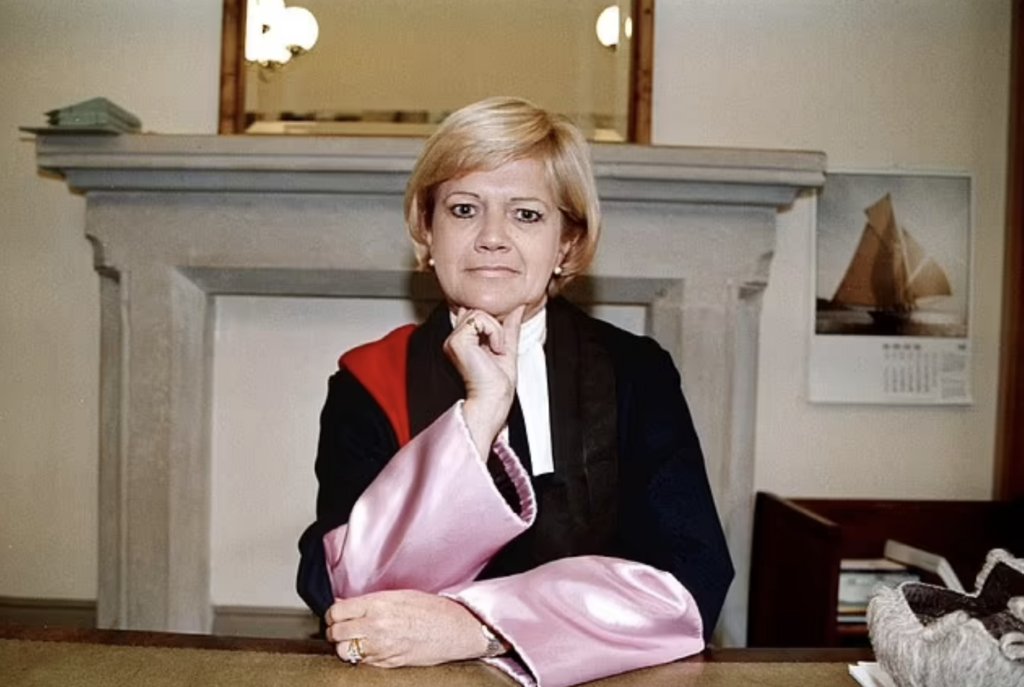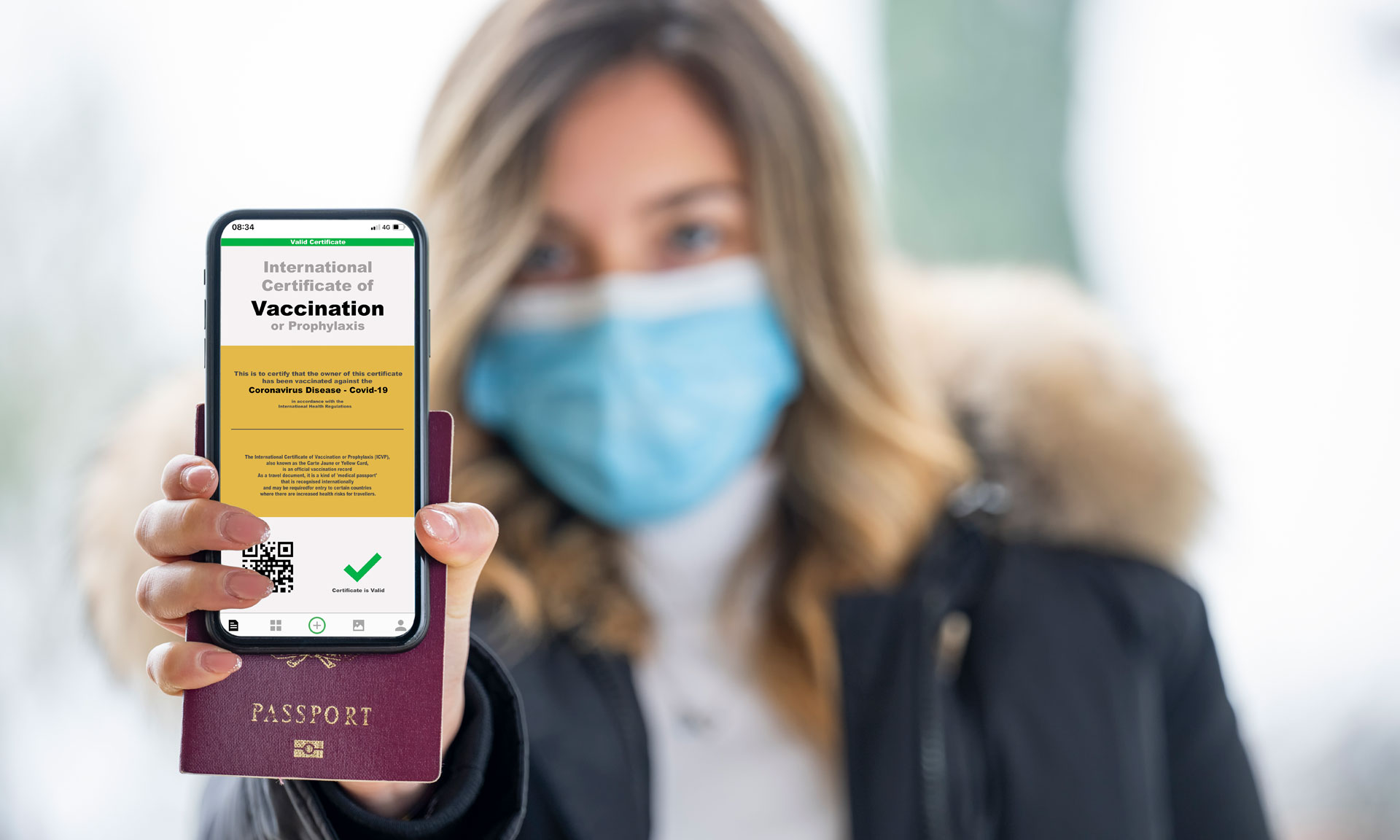
The U.K. Government has published Draft Terms of Reference for its Inquiry into the COVID-19 pandemic.
Final Terms will be published once the chair, Baroness Hallett, has “consulted with the public, including with bereaved families and other affected groups”. Baroness Hallett is a retired Court of Appeal judge and crossbench peer. She acted as coroner for the victims of the 7/7 bombings, and the BBC once claimed she was the “eighth most powerful woman in England”. When her role was announced she was quoted as saying:
The pandemic has affected us all, some much worse than others. I am acutely conscious of the suffering it has caused to so many.
I shall do my utmost to ensure the Inquiry answers as many questions as possible about the U.K.’s response to the pandemic, so that we can all learn lessons for the future.
I hope I can add some constructive suggestions. For, like the proverbial curate’s egg, I find the Draft Terms ‘Good in Parts’. And the bad bits are mostly gaps, not incipient putrefaction.
We’re promised that the Inquiry will:
- Examine the COVID-19 response and the impact of the pandemic… and produce a factual narrative account. Including:
• In relation to central, devolved and local public health decision-making and its consequences [my italics].
• preparedness and resilience;
• how decisions were made, communicated and implemented;
• intergovernmental decision-making;
• the availability and use of data and evidence;
• legislative and regulatory control;
• shielding and the protection of the clinically vulnerable;
• the use of lockdowns and other ‘non-pharmaceutical’ interventions such as social distancing and the use of face coverings;
• testing and contact tracing, and isolation;
• restrictions on attendance at places of education;
• the closure and reopening of the hospitality, retail, sport and leisure sectors, and cultural institutions;
• housing and homelessness;
• prisons and other places of detention;
• the justice system;
• immigration and asylum;
• travel and borders; and
• the safeguarding of public funds and management of financial risk.
• The response of the health and care sector across the UK, including:
• preparedness, initial capacity and the ability to increase capacity, and resilience;
• the management of the pandemic in hospitals, including infection prevention and control, triage, critical care capacity, the discharge of patients, the use of ‘Do not attempt cardiopulmonary resuscitation’ (DNACPR) decisions, the approach to palliative care, workforce testing, changes to inspections, and the impact on staff and staffing levels;
• the management of the pandemic in care homes and other care settings, including infection prevention and control, the transfer of residents to or from homes, treatment and care of residents, restrictions on visiting, and changes to inspections;
• the procurement and distribution of key equipment and supplies, including PPE and ventilators;
• the development and delivery of therapeutics and vaccines;
• the consequences of the pandemic on provision for non-Covid related conditions and needs; and
• provision for those experiencing long-Covid
• The economic response to the pandemic and its impact, including government interventions by way of:
• support for businesses and jobs, including the Coronavirus Job Retention Scheme, the Self-Employment Income Support Scheme, loans schemes, business rates relief and grants;
• additional funding for relevant public services; and
• benefits and sick pay, and support for vulnerable people. - Identify the lessons to be learned from the above, thereby to inform the U.K.’s preparations for future pandemics.
In meeting these aims, the inquiry will:
• listen to the experiences of bereaved families and others who have suffered hardship or loss as a result of the pandemic. Although the inquiry will not investigate individual cases of harm or death in detail, listening to these accounts will inform its understanding of the impact of the pandemic and the response, and of the lessons to be learned;
• highlight where lessons identified from preparedness and the response to the pandemic may be applicable to other civil emergencies;
• consider the experiences of and impact on health and care sector workers, and other key workers, during the pandemic;
• consider any disparities evident in the impact of the pandemic and the state’s response, including those relating to protected characteristics under the Equality Act 2010 and equality categories under the Northern Ireland Act 1998, as applicable;
• have reasonable regard to relevant international comparisons; and
• produce its reports (including interim reports) and any recommendations in a timely manner
What’s good, surely, is that the Inquiry is broad ranging. Many of us feared that we’d have a narrow Inquiry, based on the dubious premise that lockdowns work, and asking – ‘Did we lock down too late?’
These fears seem misplaced. If the ‘consequences’ of lockdowns are to be reviewed, this surely must include the vast collateral damage: £400 billion spent; everyone robbed of two years; unprecedented removal of basic freedoms; 100,000 children lost from educational rolls; delayed cancer diagnoses; unnatural prohibition of the most basic social interactions, et cetera. Even so, I would be further reassured if I saw, black and white, the words ‘Collateral Damage’ in the final Terms.
I’m encouraged by the inclusion of ‘Data and evidence’. That must include the extraordinary weight given to questionable modelling, notably the disgraceful events of October 2020 when obviously incorrect projections were used to justify the second lockdown. It must also include December 2021, when SAGE pushed for a further lockdown in the face of the omicron spike, despite South African evidence of the strain’s mildness. Why was South African evidence so wilfully dismissed?
I hope that ‘legislative and regulatory control’ includes reviewing the very dubious use of the 1984 Public Health Act as a basis for secondary legislation enforcing lockdown rules and penalties. Lord Sumption has written far better than I can on this.
Succinctly, the 1984 Act was never intended as a basis for confining the healthy, but proved far more convenient for that purpose than the more appropriate Civil Contingencies Act 2004, where lockdown would have required repeated Parliamentary scrutiny.
There are inclusions that I find strange – for example, housing and homelessness, prisons, immigration, and asylum. These are serious issues, but they don’t strike me as ones greatly linked to the pandemic. Perhaps they are politically correct headings, for inclusion in all governmental documents?
I’m surprised that ‘Closure of places of worship’ doesn’t merit a nod, but perhaps the church has passed beyond relevance? Heaven knows, its clergy have had little deep and meaningful to say on God, man, and mortality these past two years. So, I’ll leave them to their slumbers, and turn to four omission that particularly trouble me.
First, and foremost: democratic accountability and the use of advisory committees. From the start of the pandemic until mid-2021 we were governed by a War Cabinet comprising Messrs Johnson, Raab, Gove and Hancock, along with Drs Whitty and Vallance. Their decisions were predicated on SAGE’s groupthink. Parliamentary scrutiny was suspended. Churchill’s dictum of ‘experts on tap, not on top’ was forgotten. My view – as a citizen, not as a Professor of Medical Microbiology – is that this should never have happened. Government is to govern; Parliament to scrutinise and expert committees to provide advice.
But, if Government is to subcontract its functions to unelected technocrats, these should include a range of specialities. SAGE is completely dominated by modellers, behaviourists, and public health medicine, with a single fixation on COVID. They say that it isn’t their remit to consider the wider societal effects of their advice.
Handing control of anything complex, let alone a country, to monomaniacs is generally unwise.
Second: the abuse of propaganda. In March 2020 SAGE notoriously opined that: “A substantial number of people still do not feel sufficiently personally threatened. The perceived level of personal threat needs to be increased among those who are complacent, using hard-hitting emotional messaging.”
PsyOps were then used to terrify citizens into believing that they were at far greater risk than was truthfully the case, and to have neighbour denounce neighbour. This was a disgrace to a democratic society. For a readable summary, I’d urge the good Baroness to read Laura Dodsworth’s excellent book, A State of Fear. And to put the behaviour of the SPI-B and the Nudge Unit into the Terms.
Third: vaccination. The Terms mention the ‘delivery of vaccines’, but not their success and failure. The original plan was to vaccinate the over-50s and the vulnerable. This was reasonable, and there is good evidence that vaccines broke the link between infections and death in spring 2021. The vaccination campaign thereafter morphed into a scheme to dose all adults and, latterly, children. The aim seems to have been to achieve near-Zero Covid, just as we’ve achieved near-Zero measles.
This plan failed, though polite folks admit it only sotto voce, using language that the hoi polloi won’t understand. The vaccines protect only briefly against infection, and we are left with massive circulation of the virus in the healthy vaccinated, who have been put at some hazard of side effects for little clear benefit. These points are especially relevant to children, who are at minimal risk from COVID. There are also the unfortunate care home workers who were sacked for not complying with a vaccine mandate that was later rescinded. They have a justified grievance. The brief introduction of vaccine passports in England – and their longer enforcement in the devolved administrations – must be addressed. By the time they were introduced it was already clear that the vaccines were too leaky for this intrusive technology to have merit as a means of infection control.
Fourth: economic effects. The Terms here are curiously narrow, confined to the government’s support schemes. Surely the Inquiry should commission a cost benefit analysis for the £400bn borrowed and spent on taxpayers’ behalf? Surely, we need an analysis of cost per QALY saved? Many of us have asked for these for a very long time now.
And, apropos the government’s schemes, why is there no mention of losses to fraud, which recently caused the resignation of Lord Agnew?
No doubt others, below the line, will augment my list. In the meantime, let me turn to the welcome statement that the Inquiry will “listen to the experiences of bereaved families and others who have suffered hardship or loss”.
Hurrah. We live in an age when lived experience is given great weight. So, in the spirit of this statement, I hope that “others etc” will include those whose businesses were ruined, whose education regressed, whose sanity was impaired. And that the Inquiry asks this question: “Who has suffered most?” Was it the family whose 85-year-old granny succumbed to Covid at her care home in April 2020? Or was it her co-resident who survived, agonised and uncomprehending that her heartbroken family appeared only through her closed window. She lingers still. Her children can hold her hand again, but she no longer recognises them.
There are worse tortures than facing a hazard of death. Our forebears understood this. I hope the good Baroness and her Inquiry will consider that too.
Dr. David Livermore is Professor of Medical Microbiology in the Norwich Medical School at UEA.









